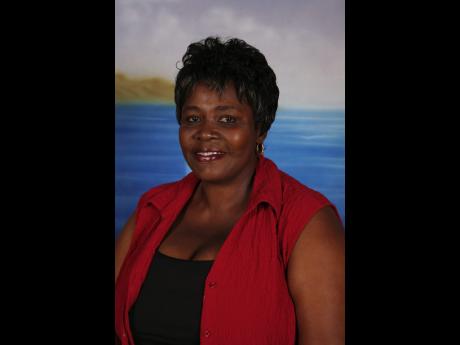Winning in the west – Innovations get children to increase attendance at schools
A couple of years ago, at age eight, Romaine Heaven could hardly read. He was missing school, at Lethe Primary in Hanover, up to four times a week. He is the youngest of 11 siblings, all raised by a single, unemployed mother.
Not too far away, in the community of Chester Castle, Roshane Thomas also spent most days at home – wishing he was at school with his friends to prepare for the Grade Six Achievement Test (GSAT). His mother had no job, his father did seasonal work.
The two boys had a lot of company.
In the parishes of Westmoreland and Hanover, average school attendance is under 74 per cent – among the lowest in the island. The average student will miss about 70 days per school year. Many will miss far more.
CHRONIC ABSENTEEISM
The primary reason for this chronic absenteeism is unfortunately simple. The cost of getting to school and buying breakfast or lunch – on average $500 a day – is too expensive for low-income families.
With grant funding from Western Union, UNICEF and partners have made a push since 2015 to help schools and communities help themselves in removing this block.
This involved two main goals – challenging schools to get more creative in tackling an issue they have long faced, and getting parents on more stable economic footing. It also meant addressing the undercurrent of poor parenting practices and low engagement of parents in the education of their children. Importantly, any effort had to be sustainable.
UNICEF took two approaches. Through the Government, in partnership with the Ministry of Education, Youth and Information, 21 schools in Westmoreland and Hanover received small funding grants which they decided how best to use to boost school attendance.
In collaboration with Children of Faith, an NGO based in Montego Bay, the effort got closer to the ground, investing in a holistic model to get children back to school by helping their parents with income-generating activities, and helping both parents and children with counselling and support groups.
Most of the 21 schools on the ministry’s programme responded with low-cost, self-reliant solutions, including starting or expanding initiatives to generate income which they used to lower or eliminate the cost of breakfast and lunch meals.
Many invested in chicken farms and school gardens, supplying meat and an array of vegetables at a cost to their school canteens – which, in turn, are used to provide breakfast and lunch programmes free of cost to students who are frequently out of school.
GREENHOUSE
At Romaine’s school, the principal created a greenhouse on the compound to grow produce for their breakfast programme.
“The programme has assisted our school in a tremendous manner,” said Tanisha Fraser, a teacher at Little London High.
“It has helped to ease the financial burden on parents, and to provide nutritious meals for students. Attendance and punctuality have improved, and there has been a remarkable improvement in academic performance,” added Fraser.
In many instances, students and their parents have become involved by working in the gardens and farms alongside agricultural science teachers and local farmers.
Other schools also used incentive or awards programmes for attendance, set up sports areas or clubs and established interactive literacy and numeracy centres.
Preliminary data shows that the interventions have been working. For the period September 2014-December 2016, the Ministry of Education, Youth and Information recorded increases in attendance for students benefiting from the schools’ programmes of up to 37 per cent for a term.
All 21 schools have created committees to continue their efforts and to share best practices with other schools.
Over at Children of Faith, smaller-scale efforts are focused on four communities in Westmoreland and Hanover that are struggling with low attendance rates. The idea here was to focus on the whole family, not just on the money it takes to get children back to school.
This meant that families got mandatory counselling at school and in their homes to address domestic issues that influence school attendance. Children and their parents went to separate support-group meetings regularly.
For parents, these included money-management and parenting workshops. It also meant supporting parents with sustainable income-generating activities.
Gloria Meredith, who runs Children of Faith, also uses corner meetings in communities as part of her strategy.
“I love to work from the bottom up. Top-down people don’t know what they’re talking about,” said Meredith.
“This work doesn’t take a lot of money, but time, patience, and understanding,” added Meredith.
Eighty-seven per cent of the children referred to Children of Faith – who were chronically absent from school – are now attending school four to five days each week.
Roshane Thomas is one of them. He went back to school three days before GSAT, devoured the curriculum with help from his friend, and stunned his friends and family with his exam scores. He is now happily attending high school.
Roshane’s mother – who once had no job – now has a small business outside her home selling household cleaning agents. She started up with a small number of items provided by Children of Faith, started a savings account, and invested her profits to grow the business and send Roshane to school.
After Romaine Heaven started going back to school regularly, he made a feverish effort to learn how to read. He went on to master the grade 4 literacy exams. Last September, he earned a place in high school, gained a football scholarship and continues to go to school – every day.




